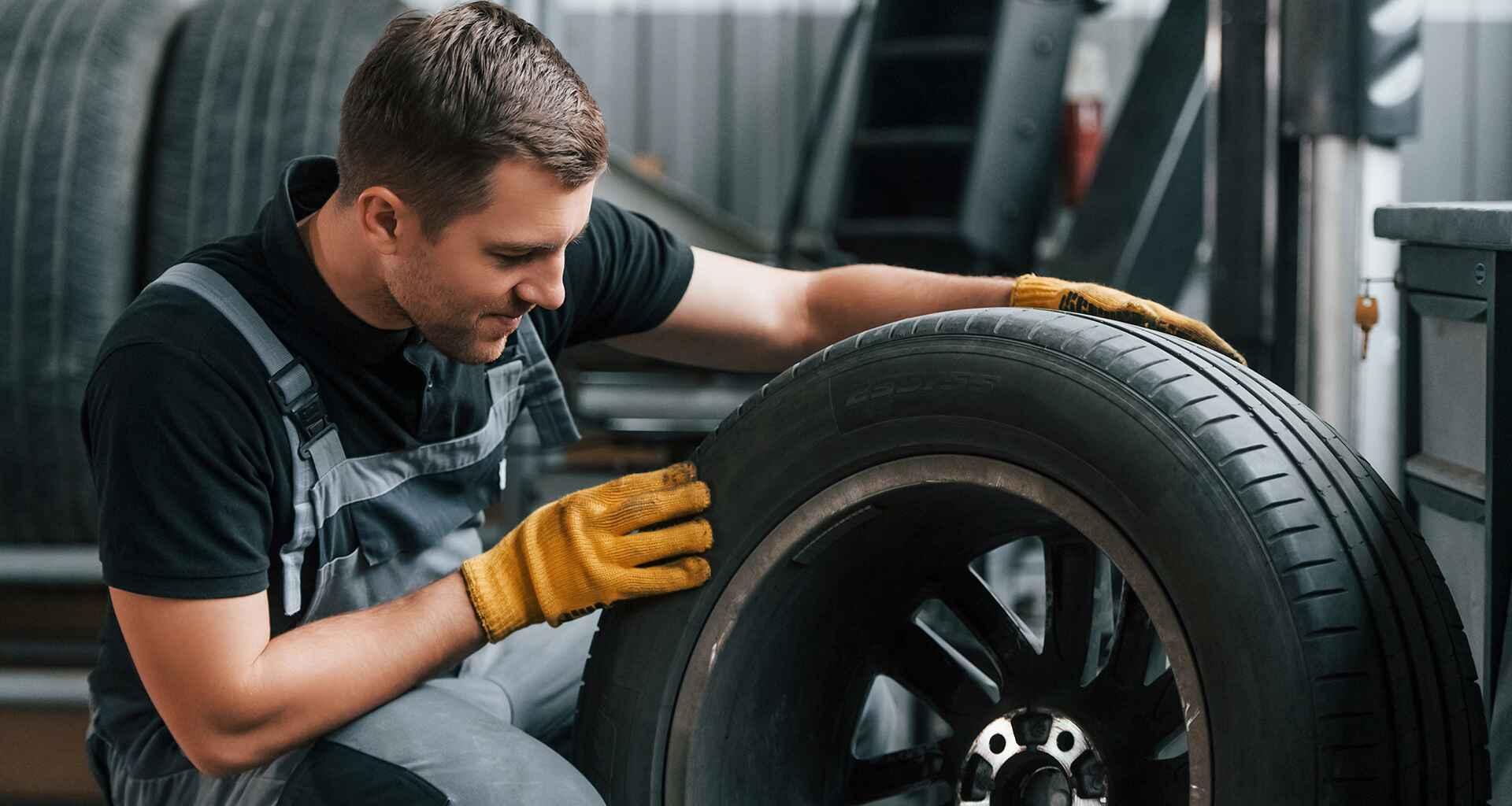Specialty Tire Market: Impact of Environmental Regulations on the Industry

Introduction
Environmental regulations are increasingly influencing industries worldwide, and the tire sector is no exception. As governments and organizations push for more sustainable practices, the specialty tire market faces growing pressure to comply with stringent environmental standards. These regulations, aimed at reducing pollution, improving waste management, and minimizing resource consumption, are reshaping how specialty tires are designed, manufactured, and disposed of. In this article, we explore the impact of environmental regulations on the specialty tire market and how the industry is adapting to meet these challenges.
1. Stricter Emissions and Carbon Footprint Regulations
One of the primary environmental regulations affecting the specialty tire market pertains to emissions and the carbon footprint associated with tire production. Traditional tire manufacturing processes are energy-intensive, often relying on fossil fuels and generating significant greenhouse gas emissions. As governments worldwide set ambitious targets for carbon neutrality, the tire industry has been pushed to reduce its environmental impact.
Manufacturers are responding by investing in cleaner production technologies, improving energy efficiency in factories, and exploring renewable energy sources. Some are also working on reducing the carbon footprint of raw materials, particularly rubber, by sourcing from sustainable plantations or using bio-based alternatives. The shift toward more environmentally friendly production processes is not only driven by regulatory pressures but also by consumer demand for greener products.
2. Focus on Sustainable Materials
In addition to emissions reductions, environmental regulations are prompting the tire industry to find alternatives to traditional, petroleum-based materials. Natural rubber, which is a key ingredient in tire production, is being sourced more sustainably, with efforts focused on improving plantation management practices and reducing deforestation.
There is also a growing emphasis on the use of recycled materials in tire production. The use of recycled rubber and steel is gaining traction, as manufacturers seek to reduce their reliance on virgin resources and minimize waste. Innovations such as bio-based rubbers and plant-derived materials are also being explored as potential alternatives to traditional synthetic rubbers, aligning with both sustainability goals and regulatory requirements.
As environmental regulations continue to evolve, the demand for sustainable materials in specialty tires will only increase, prompting manufacturers to invest in R&D and collaborate with environmental organizations to develop more eco-friendly products.
3. Tire Recycling and End-of-Life Management
Tire disposal has long been a concern due to the environmental hazards posed by the accumulation of used tires. In many regions, governments have implemented regulations requiring tire manufacturers to take responsibility for the recycling and disposal of tires at the end of their life cycle. This has led to the development of tire recycling programs and initiatives that aim to reduce tire waste and promote the reuse of materials.
Recycling technologies have advanced significantly in recent years, allowing for the extraction of valuable materials, such as steel and rubber, from used tires. Some manufacturers are also exploring ways to recycle tires into new specialty products, such as rubberized asphalt or synthetic turf, helping to close the loop in tire production and disposal.
As regulatory frameworks around tire waste management become more stringent, companies are under increasing pressure to implement more efficient recycling processes and contribute to the development of circular economies in tire manufacturing.
4. Compliance Costs and Industry Innovation
While environmental regulations are driving positive changes in the specialty tire industry, they also come with significant costs. Compliance with stricter emission standards, sourcing sustainable materials, and implementing efficient recycling programs require substantial investments. These costs are often passed on to consumers, impacting the overall pricing of specialty tires.
However, the regulatory push for sustainability also drives innovation. Manufacturers are compelled to develop new technologies and materials that align with environmental goals, leading to the creation of lighter, more durable tires with reduced environmental impact. In some cases, these innovations can lead to cost savings in the long term, as more efficient tires help reduce fuel consumption, lower maintenance costs, and extend tire lifespan.
5. Increased Consumer Demand for Eco-Friendly Products
As consumers become more environmentally conscious, their preference for eco-friendly products is influencing the specialty tire market. Tire manufacturers that are proactive in meeting environmental regulations often find themselves gaining favor with customers who prioritize sustainability. This trend is especially evident in industries like agriculture, where farm equipment operators are seeking tires that minimize soil compaction and reduce environmental damage.
The growing demand for greener products, coupled with regulatory pressure, is encouraging manufacturers to adopt environmentally friendly practices in all stages of tire production—from material sourcing to manufacturing to end-of-life disposal. This shift is not just a response to government regulations, but also a market-driven response to consumer preferences for sustainable and eco-conscious solutions.
Conclusion
Environmental regulations are having a profound impact on the specialty tire market, pushing manufacturers to adopt greener production processes, invest in sustainable materials, and improve tire recycling efforts. These regulations are reshaping the industry, requiring companies to innovate and collaborate in order to meet new sustainability standards. While compliance with these regulations comes with challenges, including increased costs and the need for technological advancements, it also presents opportunities for growth in eco-friendly tire solutions.
As environmental concerns continue to grow, the specialty tire market will likely see an increasing demand for sustainable products. Manufacturers that successfully navigate these regulatory changes and align their operations with global sustainability goals will be well-positioned to thrive in the evolving market. The future of the specialty tire industry lies in its ability to balance performance, safety, and environmental responsibility.
- Art
- Causes
- Crafts
- Dance
- Drinks
- Film
- Fitness
- Food
- Games
- Gardening
- Health
- Home
- Literature
- Music
- Networking
- Other
- Party
- Religion
- Shopping
- Sports
- Theater
- Wellness


